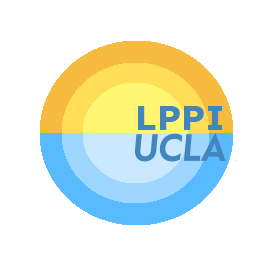Scholars Issue Call for Evidence-Based Action to Prevent School Violence
A nationwide coalition of scholars who have conducted decades of research into school safety has issued an eight-point plan for immediate government action to reduce gun violence. The coalition, including Ron Avi Astor, a professor of social welfare and education at UCLA, called for a comprehensive public health approach to gun violence that is informed by scientific evidence. The recommendations come days after a shooting rampage at an elementary school in Uvalde, Texas, left 19 children and two teachers dead. “The recent mass shootings across the country are another painful reminder of failed efforts to stop the kind of gun violence that occurred at Sandy Hook Elementary School nearly 10 years ago,” according to a statement by the coalition known as the Interdisciplinary Group on Preventing School and Community Violence. The researchers called for a new mindset that prioritizes prevention over reaction. “A focus on simply preparing for shootings is insufficient,” they said. “Prevention entails more than security measures and begins long before a gunman comes to school.” Several of the recommendations focus on limiting access to firearms, including a ban on assault-style weapons and comprehensive background checks for gun buyers. The coalition also calls for a national program to train culturally proficient crisis intervention and threat assessment teams at the school and community level, as well as a requirement that schools assess their learning environments to ensure that they are physically and emotionally safe. “It is time for federal and state authorities to take immediate action to enact these proposals,” the coalition said. “We contend that well-executed laws can reduce gun violence while protecting all constitutional rights.”

